|
|
|
Editor's note
|
|
Nigeria’s Kaduna state has a history of conflict between the Hausa-Fulani tribe, which is Muslim, and the minority Christian populations, which comprise at least 30 tribes. There’s been a flare-up of violence in the run-up to Saturday’s general election. Damilola Agbalajobi explains the history of the conflict and what the next Nigerian president must do to bring peace to the region once and for all.
South African President Cyril Ramaphosa recently announced robust plans to stimulate the country’s struggling economy and to fix its ailing health and education systems. But, Guy Lamb writes, Ramaphosa didn’t spend much time on plans to combat the country’s notoriously high crime rates. Instead, he outlined stale strategies that have been tried before with little success.
Today’s episode of Pasha looks at poverty in Kenya. We picked Timothy Njagi Njeru’s brain to understand why millions of people in the country are still poverty-stricken and what steps they can take to overcome it.
|
Julie Masiga
Peace + Security Editor
|

|
|
Top Stories
|

Nigerian police patrol a after a bomb blast in Kaduna.
EPA/STR
Damilola Agbalajobi, Obafemi Awolowo University
Kaduna State in Nigeria has been the scene of ethnic and religious violence for years and there seems to be no end in sight.
|

South African President Cyril Ramaphosa during his 2019 State of the Nation Address.
GCIS/GovernmentZA/Flickr
Guy Lamb, University of Cape Town
Many of the crime prevention strategies South African President Cyril Ramaphosa proposed have been tried, with few positive results.
|
Politics + Society
|
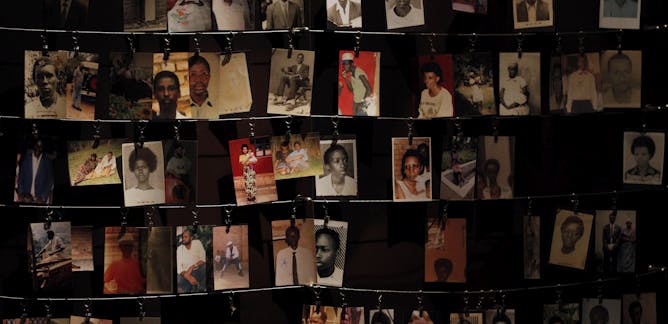
Christopher Ayres
Despite the adoption of the Convention on the Prevention and Punishment of the Crime of Genocide of 1948, signatories have never made an effort to end mass killings.
| |

Mercy Muendo, Daystar University
Kenya needs to tread carefully. It must avoid placing the country's security ahead of people's privacy rights.
|
|
|
Science + Technology
|

Riaan de Jongh, North-West University
Data science is going to grow over the coming decades and requires trained graduates who can handle the work.
| |

Matthew McCartney, CGIAR System Organization; Fritz Kleinschroth, Swiss Federal Institute of Technology Zurich
There are benefits and downsides to damming rivers.
|
|
|
Podcasts
|
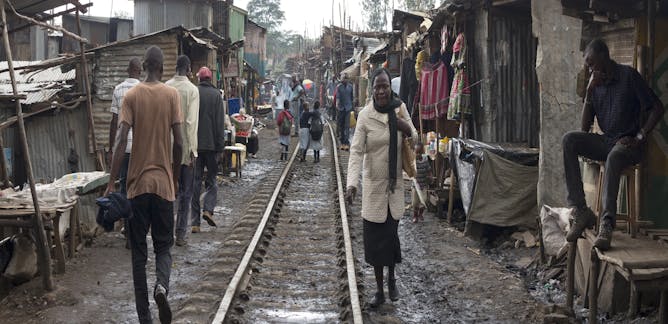
Ozayr Patel, The Conversation
Millions of people in Kenya still face poverty. But there's hope.
| |
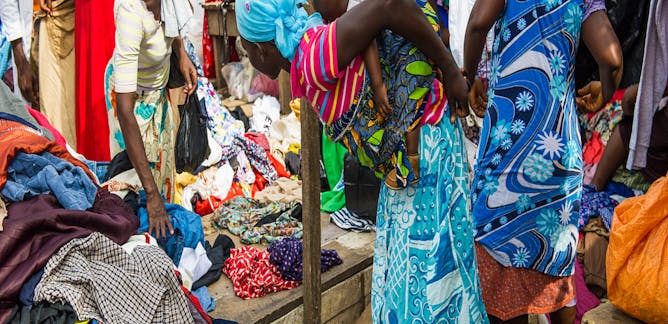
Ozayr Patel, The Conversation
There's heavy burden for women in Ghana who don't have children.
|
|
|
From our international editions
|
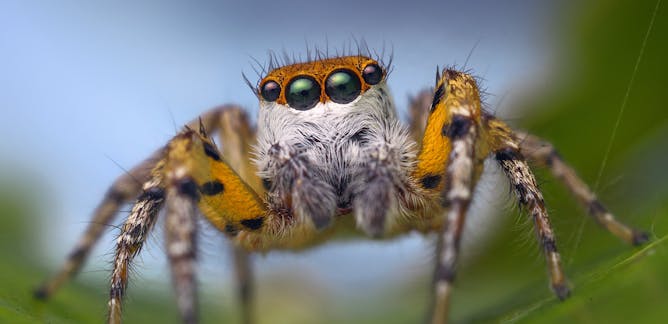
Bill Laurance, James Cook University
The natural world depends on insects to function, but they may be the next casualty of climate change.
| |
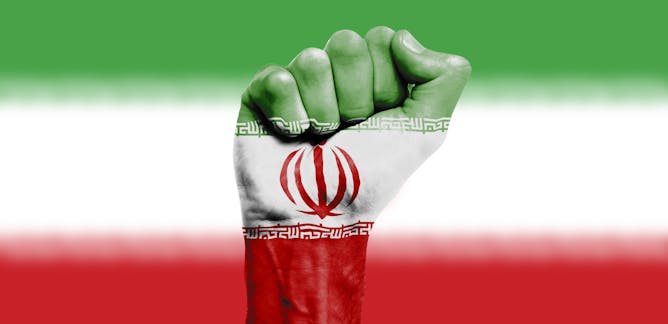
Naser Ghobadzadeh, Australian Catholic University
Reformers have tried to modernise Iran for decades but have failed mainly due to the country's powerful theocracy. And then there are those who want to overthrow the regime altogether.
|

Alba Rodriguez-Meira, University of Oxford; Adam Mead, University of Oxford
Seeing cancer in 'high-resolution' could improve personalised medicine.
| |
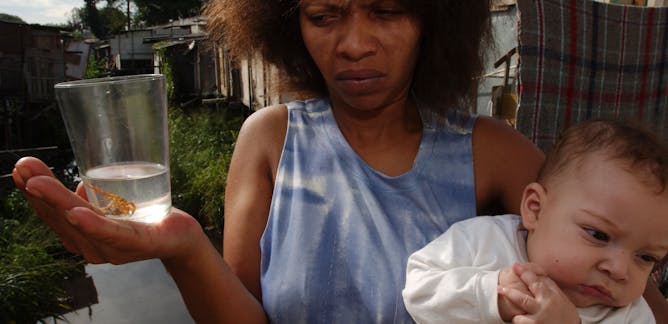
Hamilton Coimbra Carvalho, Universidade de Sao Paulo
Brazil's scorpion infestation, which is terrorizing residents of São Paulo and other major cities, is a classic 'wicked problem.' That means officials must think outside-the-box to fix it.
|
|
|
En français
|

Michaël Girardin, Université de Lorraine
Il existait dans le temple de Jérusalem, dans l’Antiquité, une odeur du sacré, un mélange de parfums strictement réservés à Dieu, que l’on ne sentait que là et qui représentait sa divine présence.
| |

Michel Fayol, Université Clermont Auvergne
Si les enfants apprennent à parler par simple immersion dans leur langue, lire, écrire, comprendre ou encore rédiger un texte sont autant d’activités qui ne s’acquièrent que par un long apprentissage.
|
|
|
| |
| |
| |
| |
Would you like to republish any of these articles?
|
|
It’s free to republish, here are the guidelines.
Contact us on africa-republish@theconversation.com in case you need assistance.
|
| |
| |
| |
| |
|
|
|
|
|
|
|